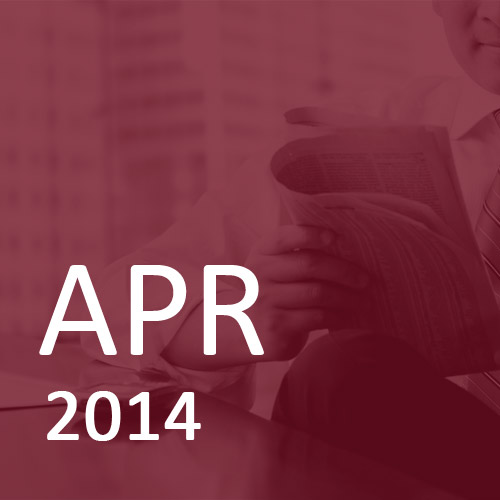
End of Year Tax Planning
Investment and Pension specialist, Martyn Charlwood talks us through some tax planning tips.
Perhaps we will start with a little bit of background before we get to the really exciting part!!
The Child Benefit Tax charge was a somewhat controversial decision by the Government and has been heavily criticised by many resulting in some families experiencing a significant reduction in income. Whilst benefit payments will continue to be paid in full to the claimant, these will be clawed back by way of a tax charge on the household’s highest earner if their personal taxable income exceeds £50,000 per tax year. For incomes between £50,000 and £60,000, the tax charge is 1% for every £100 income over the £50,000 threshold. Once taxable income exceeds £60,000 in a tax year, the charge will be 100% of the benefit claimed meaning the value of the benefit is completely wiped out. A family with 2 children could see their annual spendable income drop by up to £1,752.00 p.a. in 2013/14 and those with 3 children could lose £2,449.00 pa. The exciting part – Many are unaware that something as simple as making a pension contribution to reduce annual income to below £50,000.00 would wipe out the child benefit tax charge altogether! What is more, higher rate tax relief could also be available on the contribution if it all falls in the higher rate band. For an added bonus, if the pension contribution is funded using salary (or bonus) sacrifice, with the employers National Insurance saving reinvested in the pension, the results are highly beneficial. In certain circumstances, making an appropriate pension contribution which attracts Higher Rate Tax Relief and the recovery of the Personal Allowance yet avoids the loss of Child Benefit can effectively result in a whopping 76% tax relief so it’s definitely worth considering!
For those where the Child Benefit Tax Charge does not apply, pension planning can still prove a beneficial exercise. As an example, once income exceeds £100,000.00, the Personal Allowance (i.e. the amount which can be earned without paying tax) is lost in full. Making a pension contribution to reduce income below £100,000.00 will enable an individual to obtain 40% tax relief on the contribution in addition to the recovery of the Personal Allowance. In combination, this effectively means tax relief of up to 60% is available. In the case of an individual earning £110,000.00 who pays £10,000.00 into pensions, the net cost would only be £4,000.00 in terms of a pension contribution as a result of a £6,000.00 tax saving.
There are many other methods of tax planning also worthy of consideration such as utilising an individuals Capital Gains Tax (CGT) exemption, maximising ISA contributions, Inheritance Tax planning and utilising the £3,000.00 p.a. gift allowance etc. etc.
The good news is that appropriate financial planning can keep taxes to a minimum.

